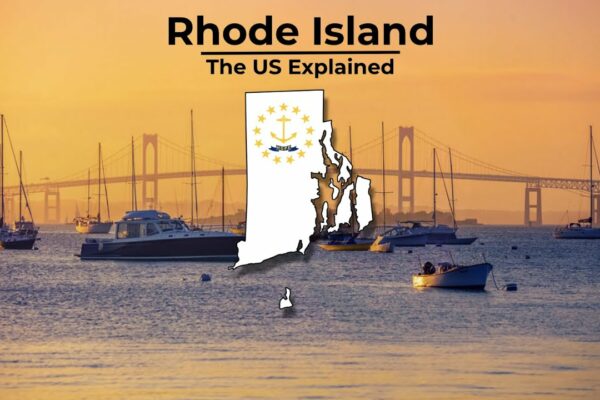
What was the reason for Rhode Island’s absence from the convention?
Rhode Island’s absence from the convention can be attributed to a variety of factors. Firstly, the state feared that a strong central government would undermine its existing autonomy and local control. Additionally, Rhode Island’s economy heavily relied on the slave trade, which was a contentious issue at the convention. Lastly, the state’s small population and limited resources may have made participation in the convention impractical.





